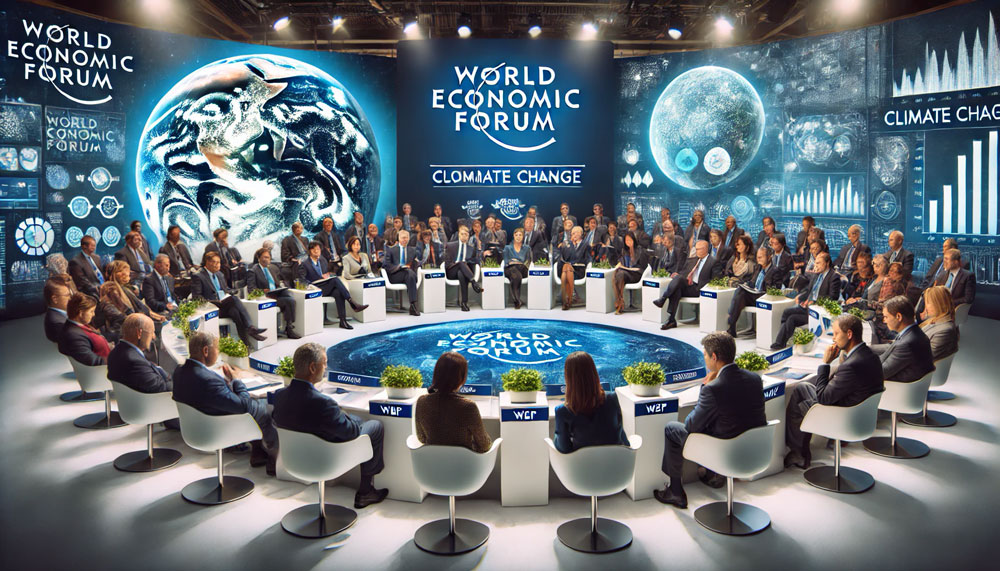Climate change is expected to have profound effects on global leaders in various ways, influencing their political, economic, and social strategies. Here are some key areas where climate change will impact leadership:
- Policy and Legislation: Leaders will need to create and enforce new environmental policies aimed at reducing carbon emissions, promoting renewable energy, and increasing resilience to climate impacts. This may involve complex negotiations and compromises domestically and internationally.
- Economic Decisions: Climate change can disrupt economies, leading to increased costs related to disaster recovery, infrastructure adaptation, and energy transition. Leaders will face pressure to invest in green technologies while managing traditional industries that may resist change.
- International Relations: Climate change is likely to become a significant factor in diplomacy. Leaders may need to navigate new alliances and tensions arising from competition for resources, such as water and arable land, which are affected by climate variability.
- Public Health and Safety: Increased frequency of extreme weather events (e.g., hurricanes, wildfires) can strain healthcare systems and emergency services. Leaders must prioritize public safety and health, often requiring swift and effective responses to crises.
- Migration and Displacement: Climate change can drive people from their homes due to rising sea levels, extreme weather, and food insecurity. Leaders will need to address the humanitarian aspects of climate-induced migration and consider its implications for national security and social cohesion.
- Public Opinion and Accountability: As awareness of climate change grows, public opinion will increasingly demand action from leaders. Those who fail to address climate issues may face backlash, impacting their political careers and governance.
- Investment in Research and Innovation: Leaders will need to promote and fund research in climate science and sustainable technologies. This includes fostering innovation that can lead to economic growth while addressing environmental challenges.
- Corporate Partnerships: Leaders may collaborate with the private sector to develop and implement sustainable practices, recognizing that businesses play a critical role in achieving climate goals. This requires balancing economic interests with environmental responsibilities.
- Equity and Justice: Climate change disproportionately affects marginalized communities. Leaders will have to consider equity in their climate strategies, ensuring that vulnerable populations are not left behind in the transition to a sustainable future.
- Long-term Planning: Climate change requires a shift from short-term thinking to long-term strategies. Leaders must envision and plan for sustainable futures, integrating climate resilience into all aspects of governance.
Overall, climate change will demand proactive and adaptive leadership, compelling leaders to balance immediate economic and political concerns with the urgent need for environmental stewardship.

Vinod Ram has been in Software Industry since 2006 and has experience of over 16 years in Software Development & Project Management domain specialised majorly in LAMP stack & Open Source Technology, building enterprise level Web based Application, Large Database driven and huge traffic Websites and Project Management.
He loves to write information articles and blog to share his knowledge and experience with the outside world and help people to find solution for their problems.
